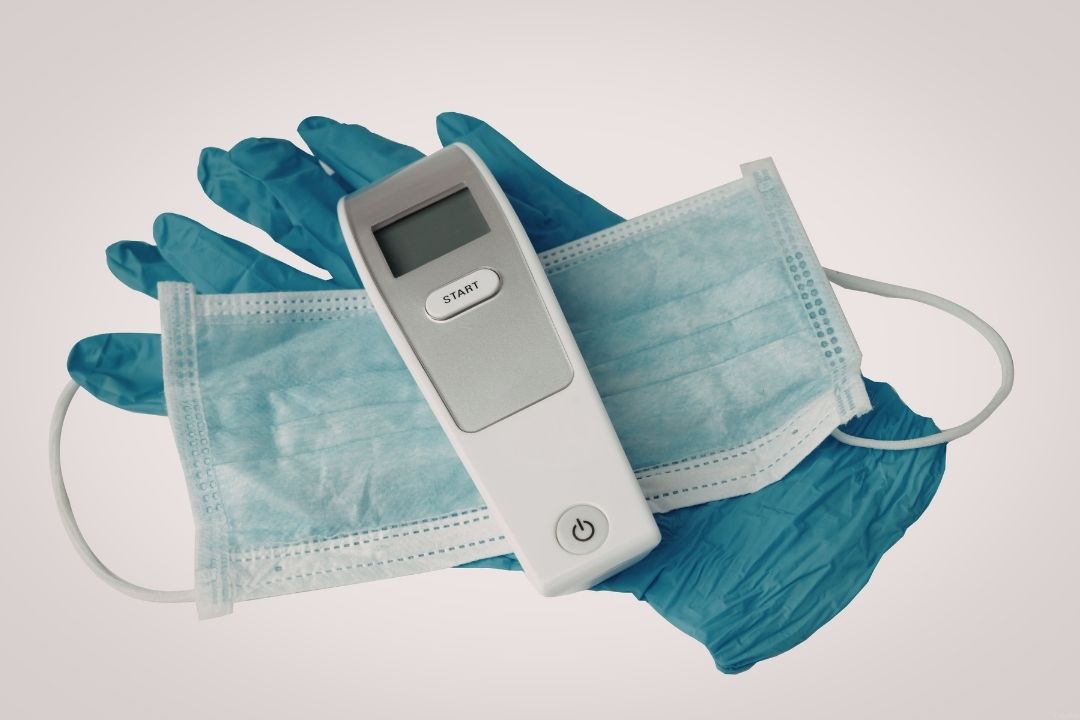
The Certified Ambulatory Perianesthesia Nurse (CAPA) credential is a sought-after specialty within nursing. For nurses working in pre- and post-anesthesia care within ambulatory settings, this certification demonstrates a high level of clinical competence, commitment to best practices, and dedication to patient safety.
If you’re a registered nurse (RN) in the perianesthesia field, pursuing CAPA certification can open new doors for your career. This guide will walk you through everything you need to know about the CAPA credential—from what it is, to how to earn and maintain it, and whether it’s the right next step for you.
What is a certified ambulatory perianesthesia nurse (CAPA)?
The Certified Ambulatory Perianesthesia Nurse (CAPA) credential is awarded to registered nurses who demonstrate expert knowledge and skills in providing care to patients before and after anesthesia in an ambulatory or outpatient setting. It is administered by the American Board of Perianesthesia Nursing Certification (ABPANC), the same organization that certifies post-anesthesia nurses (CPAN).
While CPAN nurses focus more on Phase I recovery care immediately after anesthesia, CAPA-certified nurses are experts in pre-operative assessments, Phase II recovery, and discharge processes. CAPA nurses are often employed in outpatient surgery centers, endoscopy suites, interventional radiology, and other ambulatory environments where patients receive anesthesia and return home the same day.
Responsibilities and scope of a CAPA nurse
CAPA-certified nurses play a vital role in the continuum of surgical and procedural care. Their responsibilities span both clinical and communication tasks and are essential for safe patient outcomes. Key duties include:
- Conducting thorough preoperative assessments to determine patient readiness
- Monitoring patients during recovery, particularly after moderate or deep sedation
- Managing post-anesthesia symptoms, including nausea, pain, and confusion
- Teaching patients and families about home care, medications, and red flags to watch for
- Coordinating care with surgical teams, anesthesiologists, and administrative staff
A typical day might involve prepping patients for same-day surgeries, ensuring necessary documentation is complete, assisting with recovery monitoring, and helping patients transition to home recovery—all while adhering to strict safety and regulatory protocols.
Benefits of becoming a CAPA-certified nurse
Earning the CAPA credential comes with numerous professional and personal rewards. Some of the most notable benefits include:
- Professional recognition: CAPA certification establishes you as an expert in ambulatory perianesthesia care, increasing your credibility among colleagues and supervisors.
- Career advancement: Many nurse leaders and hiring managers prioritize board-certified nurses for promotions and specialized roles.
- Higher earning potential: While salaries vary by location, certified nurses often qualify for higher wages, certification bonuses, or stipends.
- Improved patient care: CAPA nurses are trained to deliver evidence-based care, leading to better patient satisfaction and safety.
- Job satisfaction: Many nurses report increased confidence, pride, and fulfillment after earning the credential.
Eligibility requirements for CAPA certification
To qualify for the CAPA exam, you must meet the following requirements set by ABPANC:
- Current RN license: You must hold a valid and unencumbered RN license in the United States or its territories.
- Experience: A minimum of 1,200 hours of direct clinical experience in perianesthesia or ambulatory care during the two years prior to applying.
- Clinical focus: Your experience must involve direct patient care in settings such as pre-op, Phase II recovery, or discharge areas within outpatient surgical centers.
These hours do not need to be consecutive but must total the required amount within the specified timeframe.
The CAPA exam: what to expect
Administered by ABPANC, the CAPA exam is designed to test knowledge across four key domains of perianesthesia nursing:
- Physiological monitoring and interventions
- Behavioral health and safety
- Pain and comfort management
- Professional responsibilities and ethics
The exam is computer-based, consisting of 175 multiple-choice questions, of which 150 are scored and 25 are unscored pretest items. You will have three hours to complete the test at an approved testing center.
Topics span from medication management and patient assessments to ethical considerations and professional standards. Questions are designed to test both knowledge and critical thinking skills in clinical scenarios.
How to prepare for the CAPA certification exam
Preparing for the CAPA exam takes focus and strategic planning. Start by reviewing the CAPA Candidate Handbook and Exam Blueprint available on the ABPANC website. These resources provide a breakdown of content areas, sample questions, and tips for test day.
Here are additional strategies to help you prepare:
- Join a review course: Many nursing associations and hospitals offer in-person or online review courses tailored to CAPA exam content.
- Use study guides and flashcards: ABPANC-recommended materials and third-party publishers offer focused guides and question banks.
- Practice with online tests: Simulated exams help you get comfortable with the format and timing.
- Form a study group: Connect with peers preparing for CAPA or CPAN to share tips and resources.
- Create a study schedule: Aim to start studying at least three months before your exam date, reviewing one content domain at a time.
Recertification and maintaining your CAPA credential
The CAPA certification is valid for three years. To maintain your credential, you have two options:
- Recertification by contact hours: Submit documentation of 90 contact hours of continuing education related to perianesthesia or ambulatory care.
- Recertification by exam: Retake and pass the CAPA certification exam before your credential expires.
ABPANC encourages ongoing learning through webinars, journals, clinical practice, and professional development events. Keeping your credential current ensures you stay updated on evolving best practices and emerging clinical standards.
CAPA vs. other nursing certifications
Nurses interested in advancing their credentials often consider multiple certifications. Here's how CAPA compares to others:
- CAPA vs. CPAN: CAPA focuses on pre-op and Phase II/post-anesthesia care in ambulatory settings, while CPAN emphasizes Phase I recovery immediately after anesthesia.
- CAPA vs. CNOR (Certified Nurse Operating Room): CNOR is ideal for nurses involved directly in intraoperative care, not pre/post-op.
- CAPA vs. CCRN (Critical Care Registered Nurse): CCRN certification applies to nurses in ICU or critical care settings, not typically ambulatory care.
Choosing the right certification depends on your practice environment and long-term goals. Some nurses pursue both CAPA and CPAN if their roles span different phases of anesthesia care.
Real-world impact: testimonials and career stories
Many CAPA-certified nurses report that the credential has been a game changer for their careers. Not only do they feel more confident in their clinical decision-making, but they also gain the respect of their peers and leadership. In practice, CAPA nurses contribute to better patient outcomes by streamlining discharge processes, reducing recovery times, and enhancing pre-op education.
Certification can also be a stepping stone to leadership roles such as nurse educator, clinical coordinator, or department supervisor within ambulatory surgical centers.
Is CAPA certification right for you?
To determine if CAPA certification aligns with your goals, ask yourself the following:
- Do you work in an ambulatory or outpatient surgery setting?
- Are you involved in preoperative or postoperative care?
- Do you want to grow your expertise and career in perianesthesia nursing?
- Are you willing to invest time in continuing education and exam prep?
If you answered yes to any of these, CAPA may be the perfect credential to elevate your career. It signals that you are committed to excellence, patient safety, and advancing your practice.





